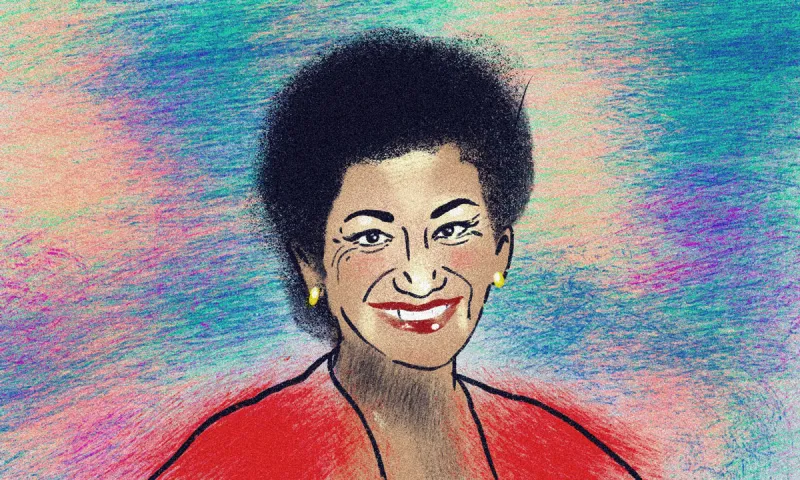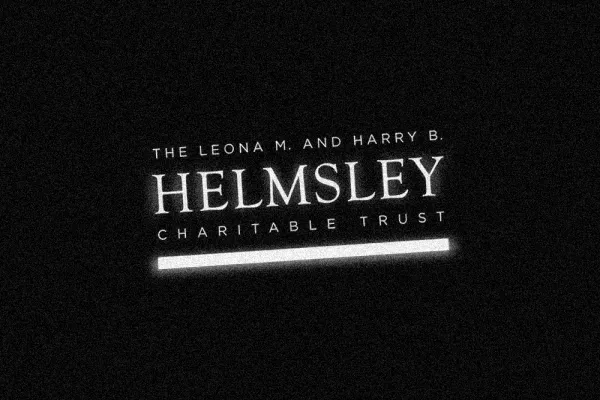
Illustration by II
What have I learned after 40 years in this business? I tried to answer that question when I humbly accepted the 2018 Institutional Investor Allocators’ Choice Award for Lifetime Achievement. Having attended these award ceremonies before, I knew that people weren’t interested in an Academy Awards-style speech. To avoid wasting people’s time, I thought to convey the career lessons I’ve learned the hard way. Afterall, we are all only one decision away from a completely different career outcome.
1. We aren’t doing it alone. We all are helped by many people along the way. Be humble about it and recognize them. The night of the awards ceremony I thanked collectively all the administrative assistants who have ever supported me. They are a group that rarely gets thanked when their bosses win awards like this. We may all have mentors — we also have a myriad of support staff who quietly make us all look good. They will continue to do so if you thank them.
2. Be a realist. I learned to recognize when I was the cause of problem. It’s always better to face myself before someone else forces me to do so. No one can stop you faster than you can stop yourself. Do not delude yourself.
3. Develop a gut instinct. It is impossible to remove all doubt with more analysis. Avoid analysis paralysis and make a decision! The sooner it is made, the more quickly it is clear if it was the right one; if not, the sooner you can course correct. Waiting too long may mean the wrong decision becomes deadly.
4. Working hard never killed anyone. We hear a lot about work-life balance as if work is something to be offset. Some of the best experiences of my life I’ve had were at work through the people I met, the places I went, and discussions I had. Managing time effectively so hard work pays off with new opportunity can enrich your life with wonderful, career-sustaining friendships. We are fortunate to work in such an industry. It is not just a paycheck.
5. Treat being told “no” as an opportunity, not a defeat. Being told “no” just meant I wasn’t creative enough the first time to get what I wanted. Don’t walk away, come back and realistically assess how to get to “yes.” You will stretch and grow.
6. Jump on problems fast. My biggest mistakes came from ignoring that uncomfortable tingle in my gut that a problem was developing. Ignoring a problem never makes it go away; it just becomes a bigger conflagration later. The sooner it is addressed the sooner I could move on to more important things. Don’t let the building burn to the ground.
7. Don’t get offended — even when you could. I started my career in the ’70s when women were not welcomed with opened arms in this industry, or if we were it usually meant something else. I found that I could victimize myself faster than anyone else could. By not rising to the bait, keeping my head down, and doing excellent work, my competence spoke louder than my words ever could.
8. Do something for yourself outside of your career. For me it was working out. I took the same competitive, goal-oriented drive and focused it on something completely unrelated to work. It helped me release stress, work more efficiently, and have time for all the other things I wanted to do. Scheduling workouts on my calendar, like any other appointment, helped my commitment.
9. Mentoring is good for the soul. Not too long after I graduated from business school, I was asked back to speak to a group of students about how to find their first job. Initially, I was a bit bothered because I thought I didn’t have the time. I honored that commitment and found out something important: mentoring did more for me than anything I did for those who I mentored. I felt more empowered, energized, and committed.
10. Don’t be a crappy boss. The number one reason people leave jobs is to get away from a bad boss. I spent most of my career as a subordinate. In fact, I’m still a subordinate. When I finally became a boss, I never forgot what it was like being a subordinate, because I didn’t want to be a crappy boss. This meant I ate last, my team came first, I had to jump on problems, and face myself. I thought about everything I’d seen bad bosses do and worked hard to avoid all of it. Being a boss meant it wasn’t about me. The greatest accomplishment of my career has nothing to do with titles, compensation, or status. It’s that two former employees came back to work for me again. Together we have built a terrific team that was nominated for Investment Team of the Year at the the 2018 Allocators’ Choice Awards. That, to me, is really my lifetime achievement.





